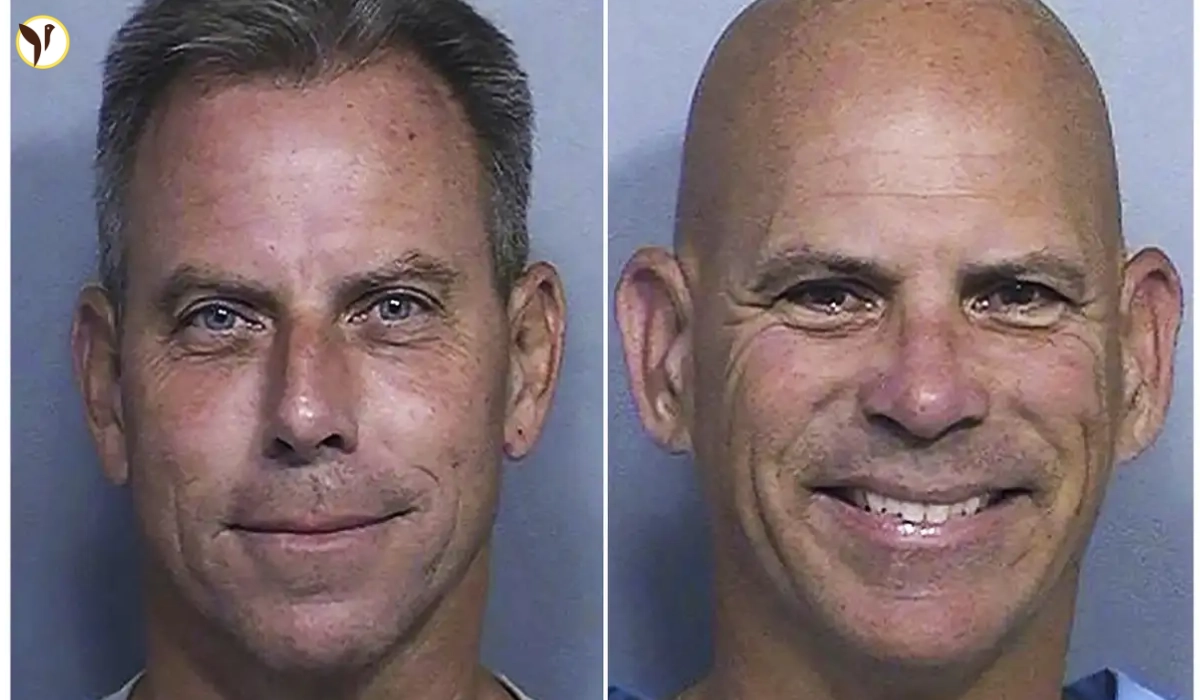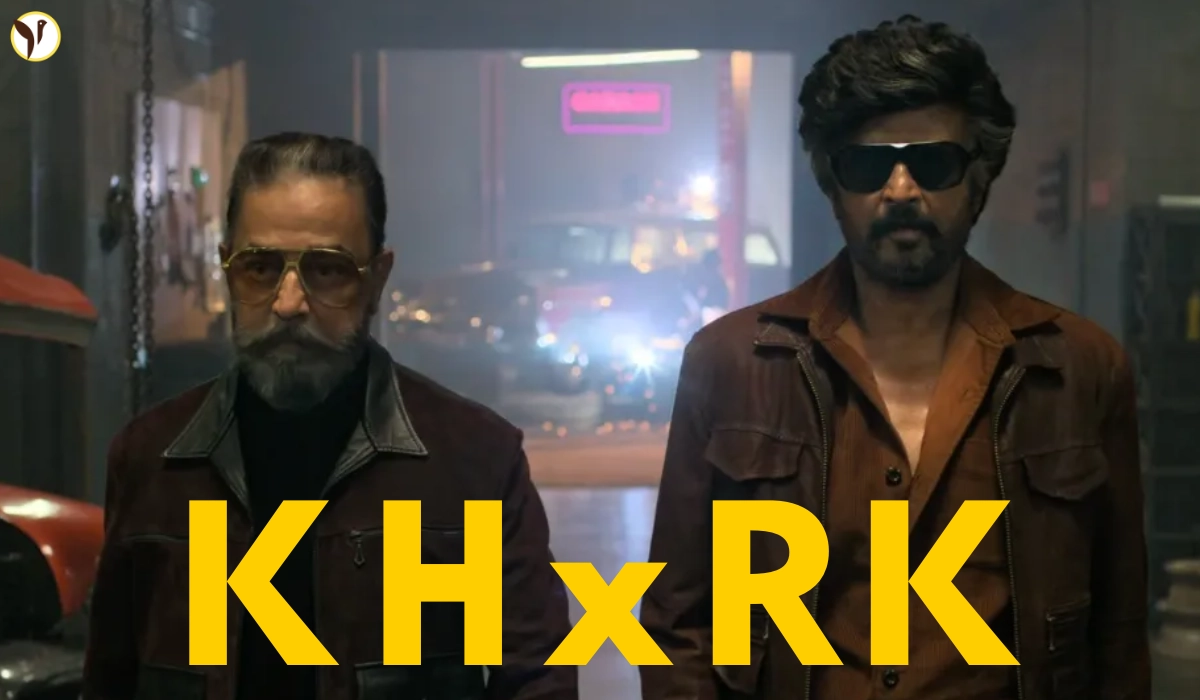Thirty-Five Years Later: Menendez Brothers' Shot at Parole
After three and a half decades behind bars for the sensational murder of their parents, Erik and Lyle Menendez have been given a glimmer of hope. A Los Angeles judge’s recent decision has dramatically altered their fate, potentially leading to their release from prison. This article delves into the details of this surprising development, exploring the resentencing, the brothers' remorse, and the ongoing debate surrounding their case.
A Resentencing and a Chance at Freedom
Judge Michael Jesic reduced the brothers' original sentence of life without parole to 50 years to life. This seemingly small change is monumental: it makes them eligible for parole for the first time. This decision follows a hearing where the brothers, now in their 50s, expressed profound remorse for their actions in 1989. Erik, now 54, spoke of the "shock, confusion, and betrayal" his parents must have felt in their final moments. Lyle, 57, tearfully apologized to his surviving family members, acknowledging the immense pain he caused.
- Key change: The resentencing opens the door to parole.
- Next steps: A crucial parole hearing is scheduled for June 13th.
The brothers, aged 18 and 21 at the time of the crime, admitted to shooting their parents, Jose and Kitty Menendez, at point-blank range. Their defense of self-defense, citing years of alleged abuse, has been a central point of contention since the beginning. This claim, along with the brothers' subsequent actions and statements, continues to divide public opinion.
A Divided Public and Powerful Testimony
The District Attorney's office strongly opposed the resentencing, arguing that the brothers haven't fully accepted responsibility for their actions. They pointed out that while the brothers have participated in numerous positive prison programs—including creating hospice programs for elderly inmates—genuine rehabilitation requires complete accountability. The judge acknowledged the brutality of the crime, stating that while life without parole was justified at the time of the initial sentencing, current guidelines and the brothers' extensive rehabilitation warranted reconsideration. He described their transformation as "remarkable."
- Support for the brothers: Public support has grown, fueled by recent documentaries and celebrity endorsements.
- Testimony: The hearing included emotional testimony from family members, including a cousin who pleaded for a second chance for Erik and Lyle, describing them as changed men.
The defense presented compelling evidence of the brothers’ rehabilitation, highlighting their contributions to prison life and the positive impact they've had on other inmates. Among the witnesses were a cousin, a rapper who credits the brothers with assisting his release, and a retired Florida judge who publicly supported them—a testament to their perceived transformation.
The Road Ahead: Parole Board and Clemency
The decision rests now with the California parole board, which will hold a hearing on June 13th. Adding another layer of complexity, Governor Gavin Newsom is concurrently considering a clemency request, aided by an undisclosed risk assessment that reportedly classifies the brothers as a "moderate risk of violence." The coming weeks will be pivotal, determining whether the Menendez brothers will be granted parole or if they will remain incarcerated, a decision with enormous ramifications for all involved.
Conclusion: A Complex Case Demands Careful Consideration
The Menendez brothers' case remains deeply divisive. Their crime was horrific, yet their decades of incarceration, coupled with claims of remorse and rehabilitation, raise profound questions about justice, redemption, and the potential for human change. The path ahead is uncertain, but the resentencing marks a significant turning point. The parole board's decision—and Governor Newsom's potential clemency—will ultimately determine the brothers' future, offering, hopefully, some measure of closure to the families involved and the public at large. The next few weeks will undoubtedly be filled with anticipation and intense scrutiny.









